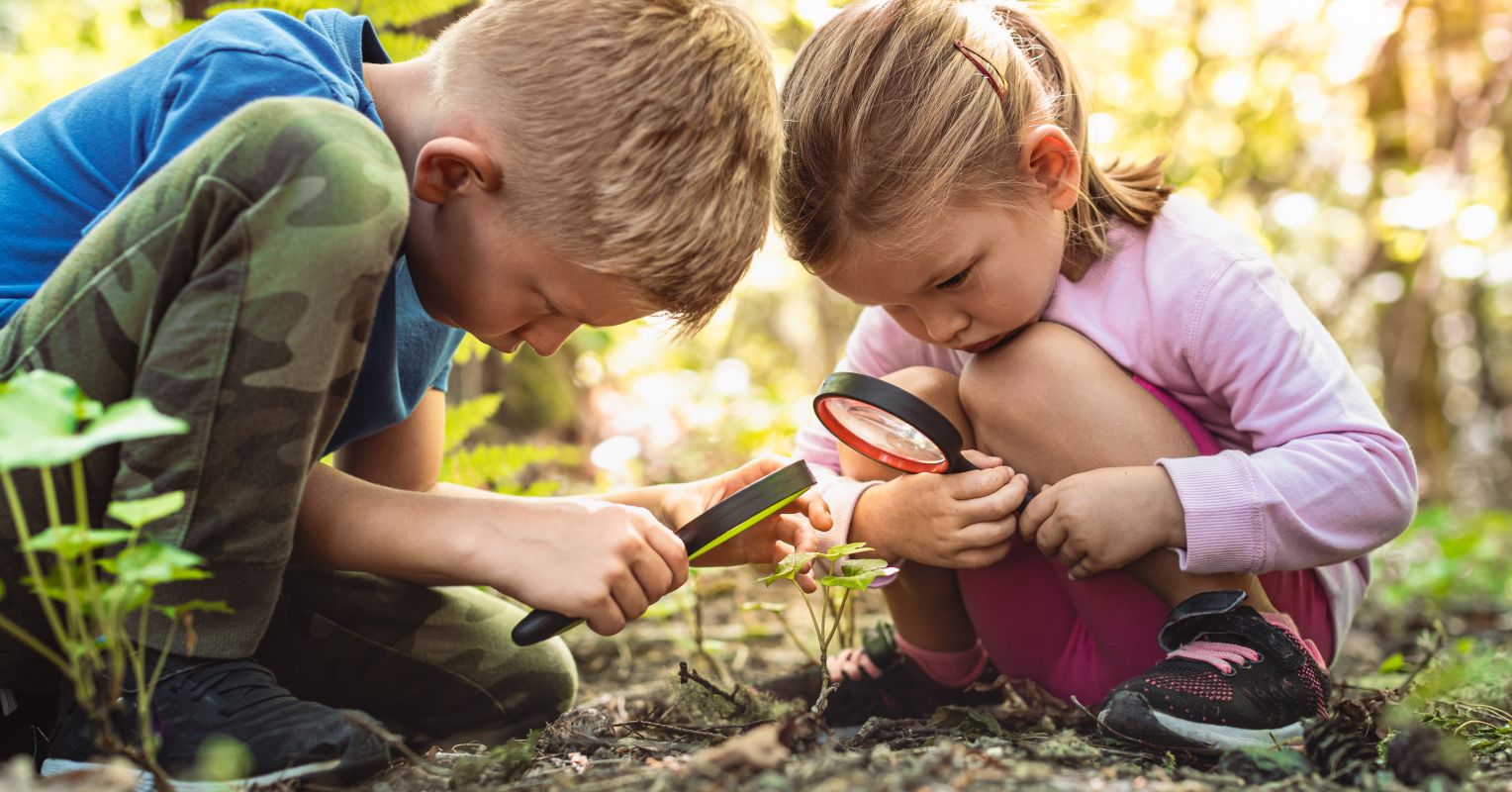
"Simon was recently walking through the park with his three-year-old daughter. Autumn had truly arrived, and brown leaves lay scattered across the ground beneath the bare trees. Simon's daughter saw a small boy playing among the leaves and ran over to see what he was doing. The two quickly formed an unspoken bond as they joined forces, collecting the discarded leaves into piles. If you have children, you are almost certainly familiar with this scene, or one like it. Children naturally want to understand what's happening around them, and that curiosity helps them to connect with anyone, or anything, that intrigues them. When there's something new and exciting to discover, social anxiety is easily forgotten. Connections are easily forged."
"How often do you see adults engaging in the same way? We certainly find it easier to bond over something we know we have in common: Witness strangers hugging when their team has scored or singing together at their favourite band's concert. But beyond those specific settings, we tend to be more reserved when meeting new people, very conscious of the proper social etiquette and careful not to cross boundaries."
"Born Curious Lydia Redman, an early years expert working for the Royal Borough of Greenwich in the UK, regards curiosity as a fundamental trait of young children. "We are born curious," she said. "Curiosity is naturally innate in young children. I've never met a child whose curiosity wasn't evident. Their brain makes thousands of connections every day.""
Children naturally exhibit curiosity, using it to explore environments and form immediate social bonds, as when young children join to play among autumn leaves. Curiosity drives children’s brains to make thousands of neural connections daily and reduces social anxiety in novel situations. Adults commonly show reserved behavior outside shared-group contexts, relying on known commonalities to bond and adhering to social etiquette that limits spontaneous interaction. Structured systems and social conditioning can suppress natural curiosity over time. The erosion of curiosity in adulthood contributes to shallower personal relationships and less collaborative workplaces. Reigniting curiosity can rebuild trust, deepen connections, and enhance collaboration.
Read at Psychology Today
Unable to calculate read time
Collection
[
|
...
]